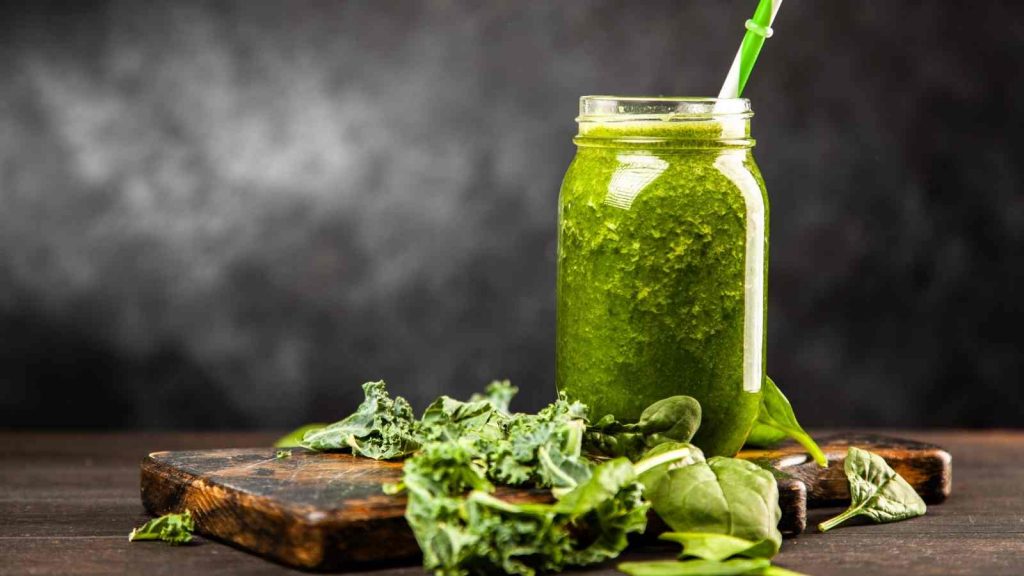Kale is dubbed "the queen of greens" and "a nutritious powerhouse" by many. It makes sense—kale is one of the most popular leafy greens, and many people praise it for its great nutritional value and helpful vitamins. Read more on the top health benefits of eating kale if you need more encouragement to eat more of this leafy green.
The Benefits of Eating Kale for Health and Wellness
Jump to:
- 1. Kale is a fantastic digestive aid
- 2. Kale has a lot of iron
- 3. Vitamin K is abundant in kale
- 4. Kale has a lot of antioxidants
- 5. Kale is a powerful anti-inflammatory vegetable
- 6. Kale is beneficial to the cardiovascular system
- 7. Vitamin A is abundant in kale
- 8. Kale has a lot of vitamin C
- 9. Kale has a lot of calcium
- 10. Kale is good for your liver
1. Kale is a fantastic digestive aid
Kale is a fibrous leafy green that helps with digestion and excretion. Don't throw away the stems, which are high in prebiotics, which feed your microbiota. While they're rough raw, they become a delightful breadstick-like delicacy when sautéed in a little avocado or olive oil with some sea salt.
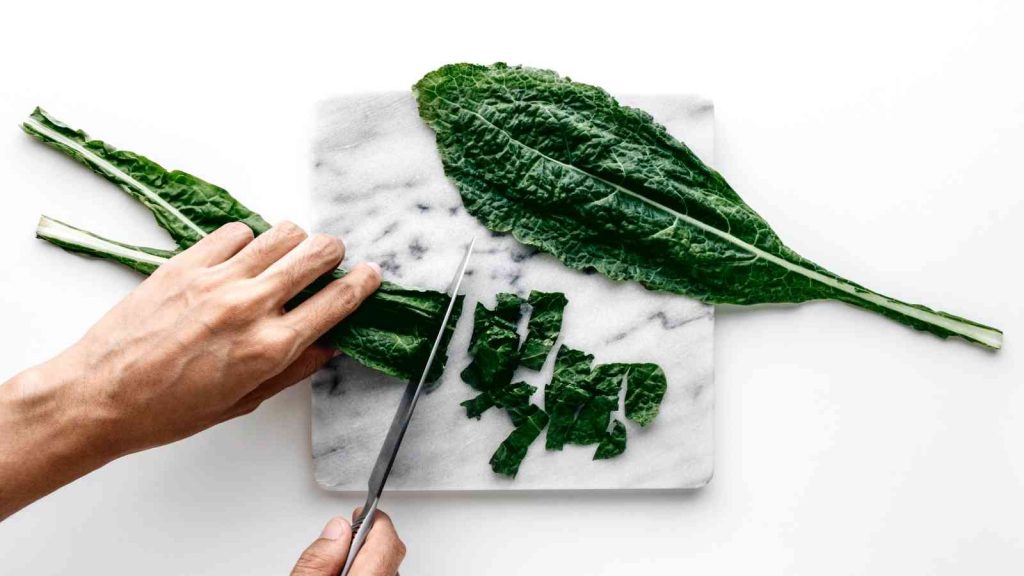
2. Kale has a lot of iron
Iron is necessary for optimal health, particularly for women, since it assists in the creation of haemoglobin and enzymes, delivers oxygen to different regions of the body, promotes cell development, and supports healthy liver function, among other things. Want to boost your kale's iron content even more? Cook it on a cast-iron skillet and serve it with a vitamin C-rich dish to boost your body's capacity to absorb plant-based iron.
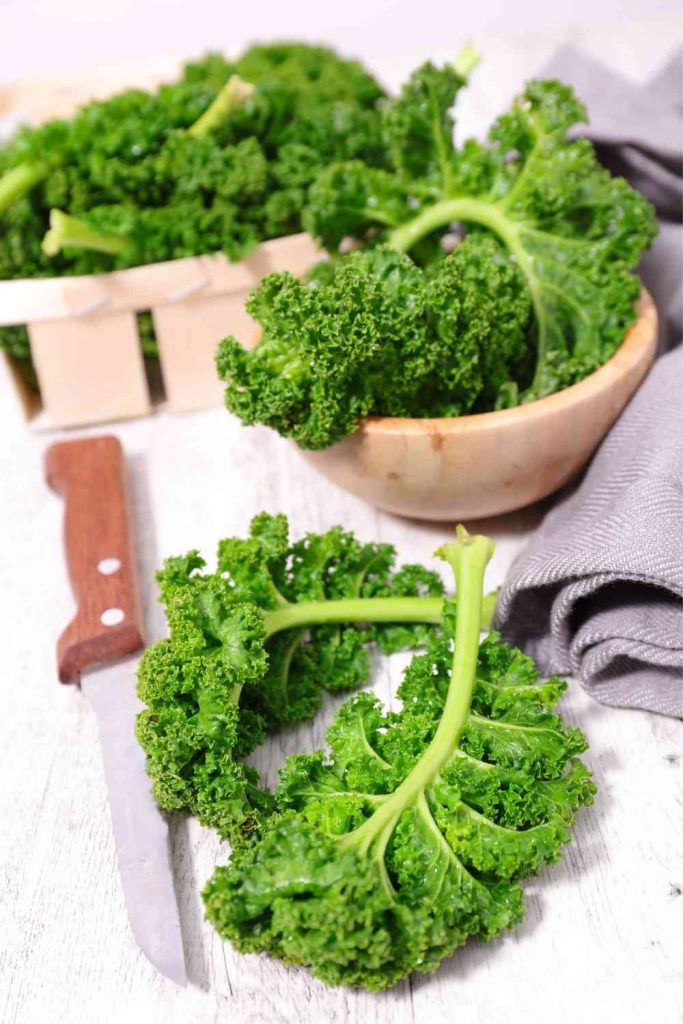
3. Vitamin K is abundant in kale
"Vitamin K1 has long been regarded as the 'coagulation' vitamin because it aids in the proper functioning of the body's blood-clotting system. On the other hand, vitamin K2 has been demonstrated to activate 17 proteins. Vitamin K2, for example, stimulates a protein called osteocalcin, which guarantees that as much bone is formed as is broken down. Vitamin K2 also promotes the production of a protein called Matrix Gla Protein (MGP), which helps to maintain arteries healthy by preventing calcium from adhering to their walls "Dr. Joel Kahn, a cardiologist, adds. It's been linked to a lower risk of osteoporosis, cancer, and diabetes.
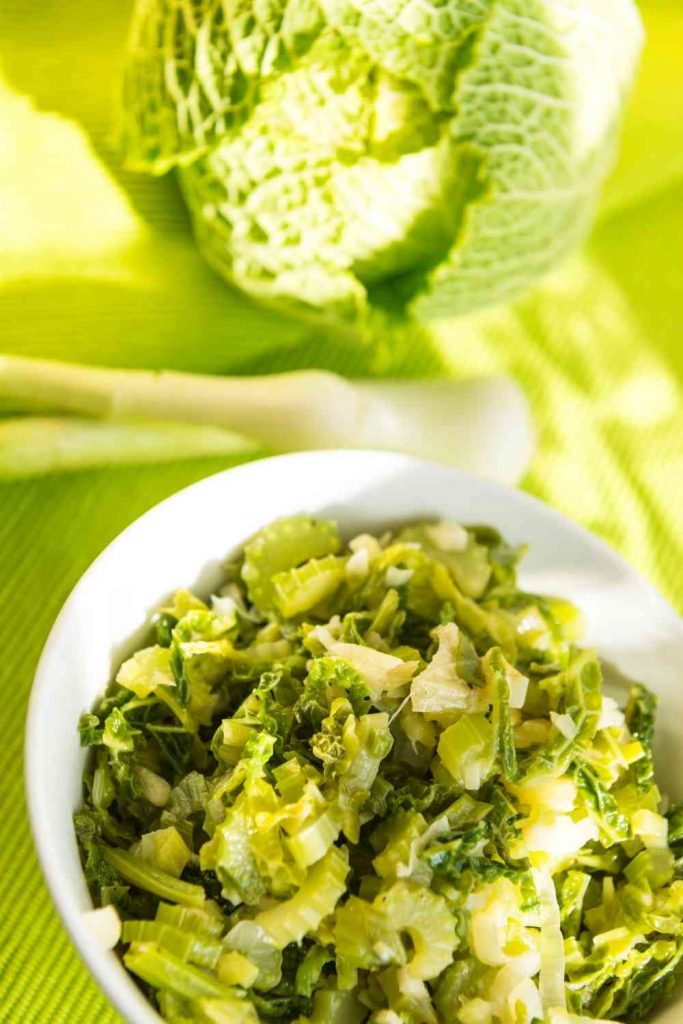
4. Kale has a lot of antioxidants
Antioxidants provide one of their electrons to free radicals, neutralising them and preventing them from taking an electron from our cells. At its finest, this powerful network of soldiers can protect our cells from up to 99 percent of free radical damage. Carotenoids and flavonoids are antioxidants that can protect against cancer.

Kale has a lot of antioxidants, but they're heat-sensitive, so use the leaves in smoothies or salads to keep the antioxidant function intact.
read also: 7 Health Benefits Of Bananas
5. Kale is a powerful anti-inflammatory vegetable
One cup of kale contains 10% of the recommended daily allowance of omega-3 fatty acids, which are essential for reducing inflammation in the body. Kale's sulfur-containing phytochemicals (glucosinolates) may also assist the body maintain a healthy inflammatory response.
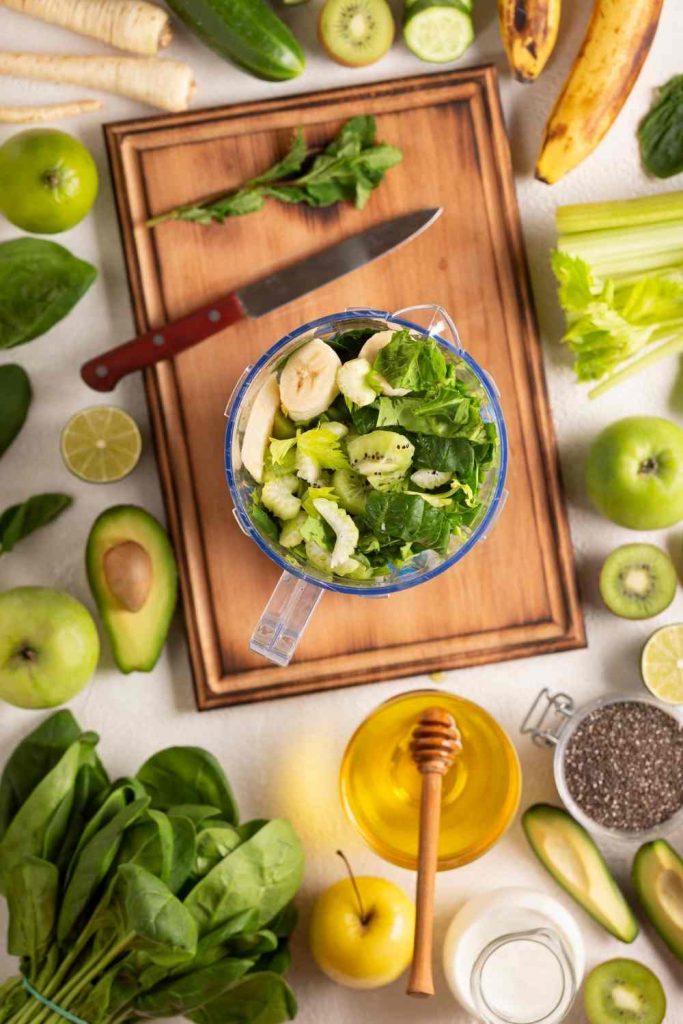
6. Kale is beneficial to the cardiovascular system
In one research, men who ate kale on a daily basis had a considerable improvement in their coronary artery risk factors (thanks in part to its anti-inflammatory effects). The kale was juiced by the participants, however if you have thyroid problems, you may briefly boil the kale before eating it.
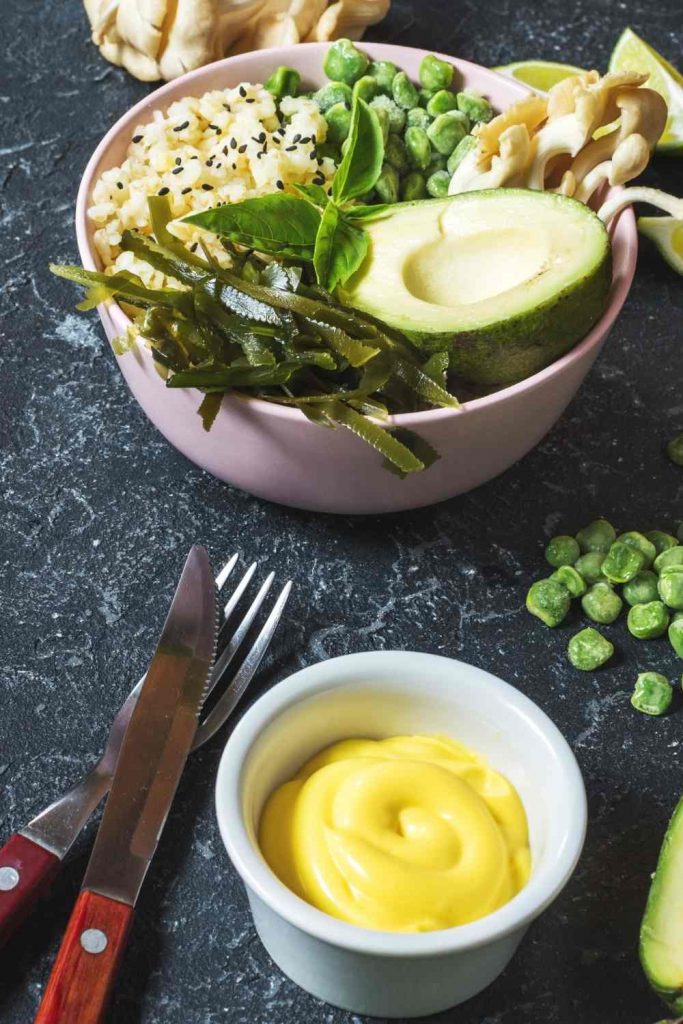
7. Vitamin A is abundant in kale
Vitamin A is beneficial to both your eyes and your skin. Kale delivers 206 percent of our daily vitamin A intake with only one cup!

8. Kale has a lot of vitamin C
According to Taz Bhatia, M.D., "Vitamin C deficiency may induce quickly growing indications and conditions of ageing." "Furthermore, people are unable to produce considerable levels of vitamin C on their own. Easy bruising, low iron levels, and bleeding gums are all signs of insufficiency."

Kale is high in vitamin C; however, since vitamin C is heat-sensitive, softly sauté or blanch the leafy green to retain it.
read also: 5 Health Benefits Of Apples
9. Kale has a lot of calcium
Kale offers more calcium per calorie than milk. "Calcium is a crucial mineral for developing and maintaining healthy bones, as well as for carrying out a variety of biological activities including cell communication in muscle and neuron function and assisting blood arteries in transporting blood throughout the body," says Jess Cording, R.D.
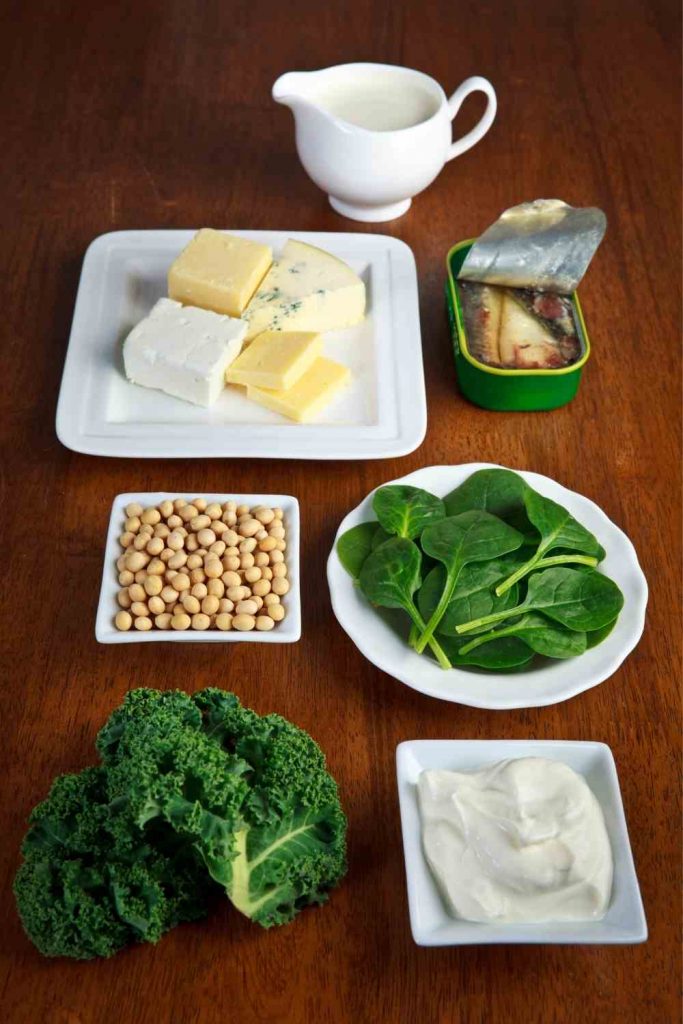
10. Kale is good for your liver
Kale is high in fibre and sulphur, both of which are beneficial to your body's natural detoxification process and liver function. Kale is a member of the cruciferous vegetable family, which may aid in digestion and help to eliminate toxins from the circulation.
